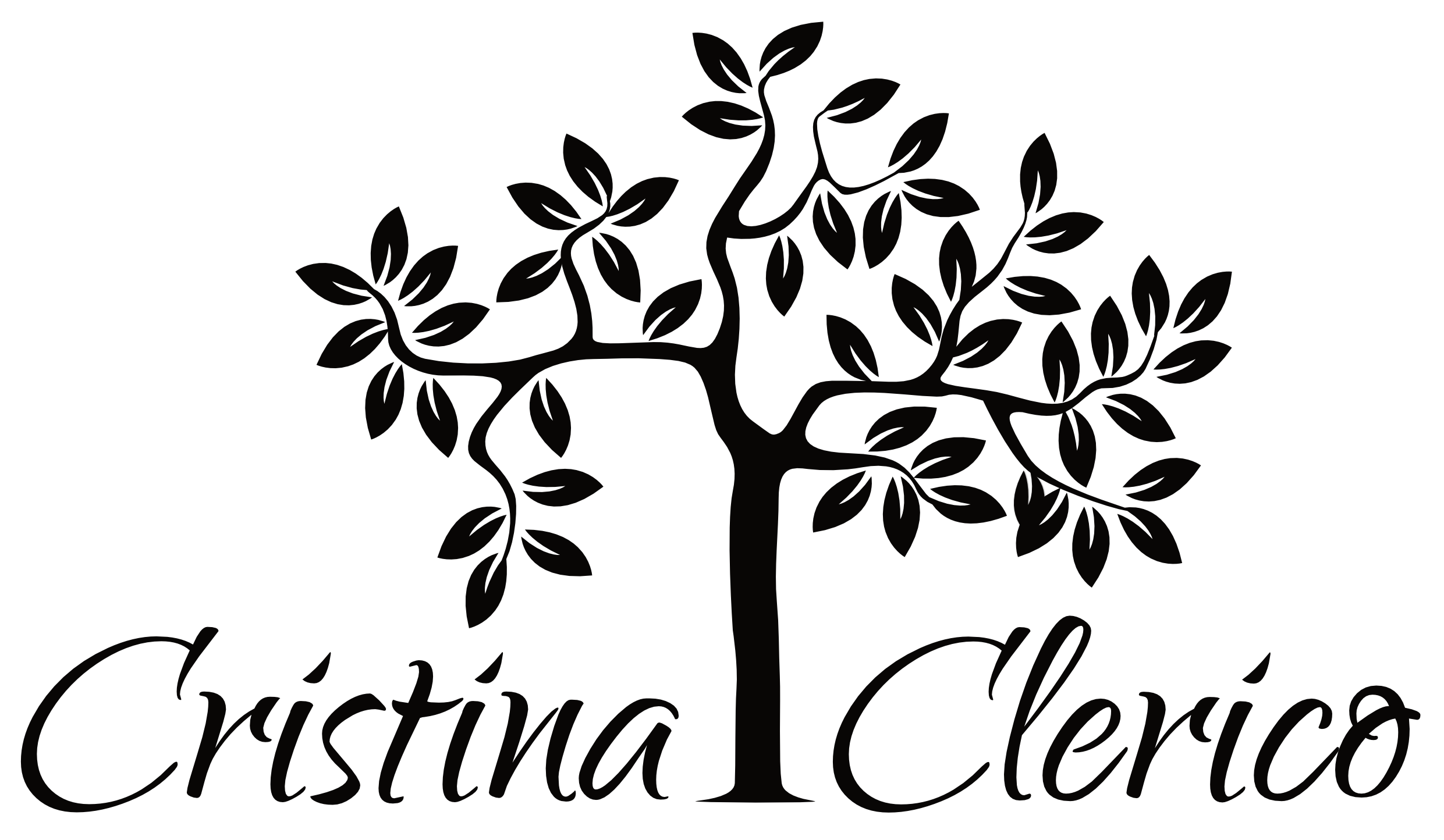WAIT
You all know I love STOP (Stop, Take a deep breath, Observe your thoughts, feelings and body reactions, and Proceed with awareness). It’s easy and powerful. Recently I heard a new acronym, and although it wasn’t my intention to add another, I’ve been using it ever since.
It’s been a blessing to spend a lot of time with my son lately. We have similar dispositions, which can be fun, but can also lead to heated arguments from time to time. All the work I’ve done on being centered is now getting practice at new levels. This is neither good nor bad, but it can feel challenging.
What I know most of all is that I love my son. As the parent, it is my responsibility to recognize, reevaluate and readjust my responses even though he is an adult. Modeling is still the best parenting tool.
So what does the acronym WAIT mean?
Why Am I Talking?
Why DO we keep talking when the conversation isn’t going anywhere good? There could be a lot of answers to that: We want to be acknowledged as right; We feel triggered by past emotional sensitivities; We feel worried about someone’s attitude or beliefs on certain topics.
Whatever the reason, we are unlikely to make the situation better by angrily throwing words back and forth.
Try this:
As soon as you recognize things going out of control, use WAIT (Why Am I Talking?). This will remind you to STOP. 😀
Stop talking. Take a deep breath, and another, until you calm down. Observe what’s happening in your body and name it.
“My solar plexus feels tight.” Breathe compassion into the areas of tension.
“I feel angry.” Breathe some calm into the anger.
“I feel worried.” Breathe some kindness into the worry.
Now you can proceed with something that will actually help. Try asking clarifying questions with genuine compassion and curiosity.
“What do you know about this topic? What do you think about it? What do you think would help?”
And if you simply can’t get there in the moment, try to calmly request what you need. “I am feeling overwhelmed right now. My mind needs a break so I can be calm because I love you. Can we come back to this later?”
Emotional regulation can be hard, but it is the most respectful, loving and effective way to respond to children, adults, and even ourselves.
This helps develop Open Awareness, one of the Three Pillar practices that is so good for brain health. Let me know if you would like any help putting this into practice!





4 Comments
Leave your reply.